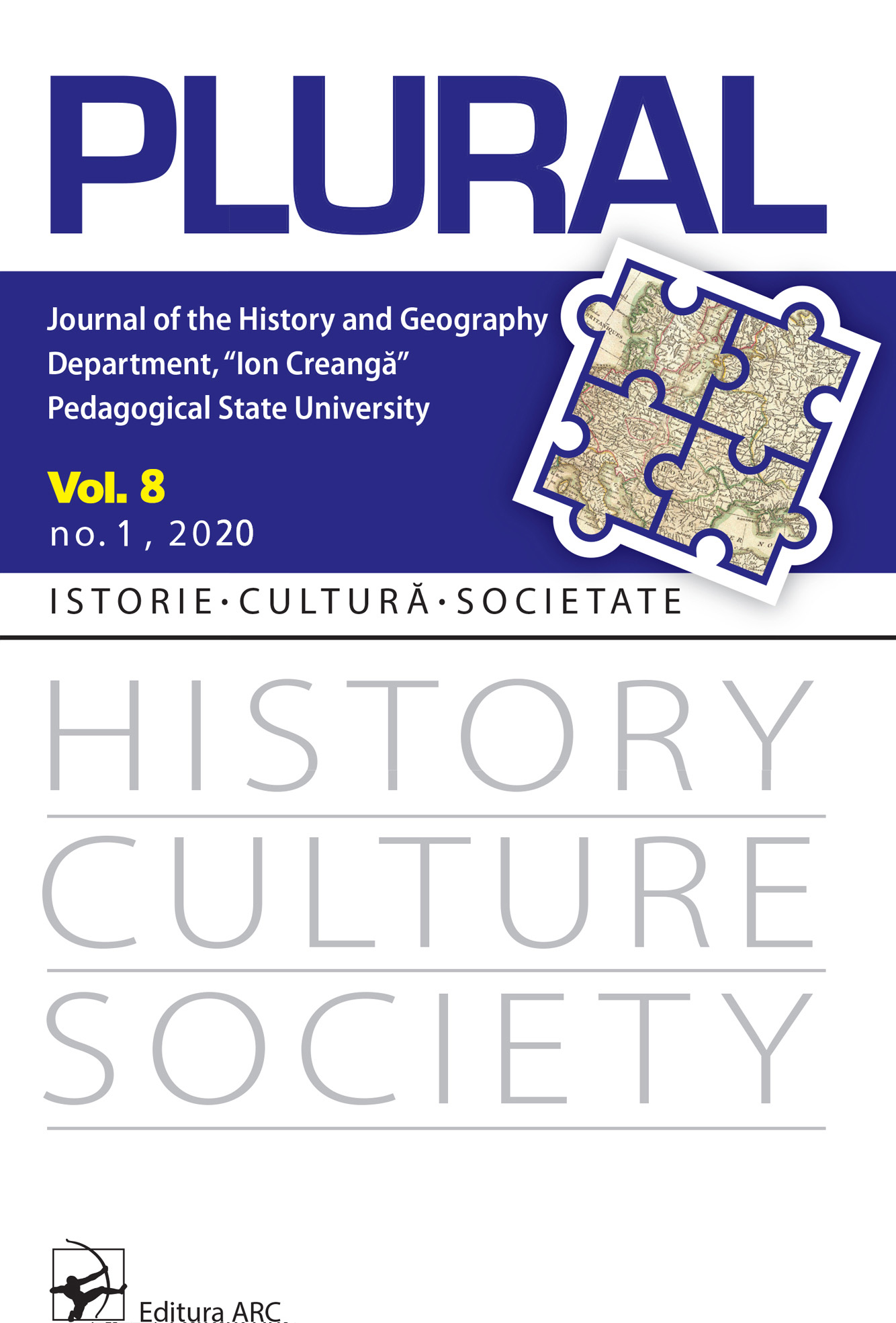Recognizing Associative Values in World Heritage
Recognizing Associative Values in World Heritage
Author(s): Christina CameronSubject(s): History, Archaeology, Cultural history, Comparative history, Recent History (1900 till today)
Published by: Facultatea de Istorie și Geografie, Universitatea Pedagogică de Stat „Ion Creangă”
Keywords: World heritage;ICOMOS;
Summary/Abstract: With the increased interest in the commemoration of sites of memory, including battlefields and sites of genocide, UNESCO’s World Heritage Centre commissioned an expert study in 2018 to clarify the way criterion (vi) is applied to recognize the associative values at nominated properties. The study was intended to facilitate knowledge-based decision-making for properties with strong associative values. This paper outlines the lack of clarity and the World Heritage Committee’s concerns about the definition and application of criterion (vi). After documenting the evolution in the wording of criterion (vi), the article explains the important contribution of the 2018 report, in particular its analysis of 240 statements of Outstanding Universal Value that have used criterion (vi). It concludes that further studies should focus on the analysis ofthe 240 World Heritage sites using precedents from previous inscriptions and case studies to theorize the six associations of criterion (vi), namely events, living traditions, ideas, beliefs, artistic works and literary works. Such research should also address methodologies for protecting and managing the attributes of associative values. These additional studies would support more consistent and knowledgeable use of criterion (vi) and thereby enhance the recognition and protection of associative values at World Heritage sites.
- Issue Year: VIII/2020
- Issue No: 1
- Page Range: 17-26
- Page Count: 10
- Language: English

